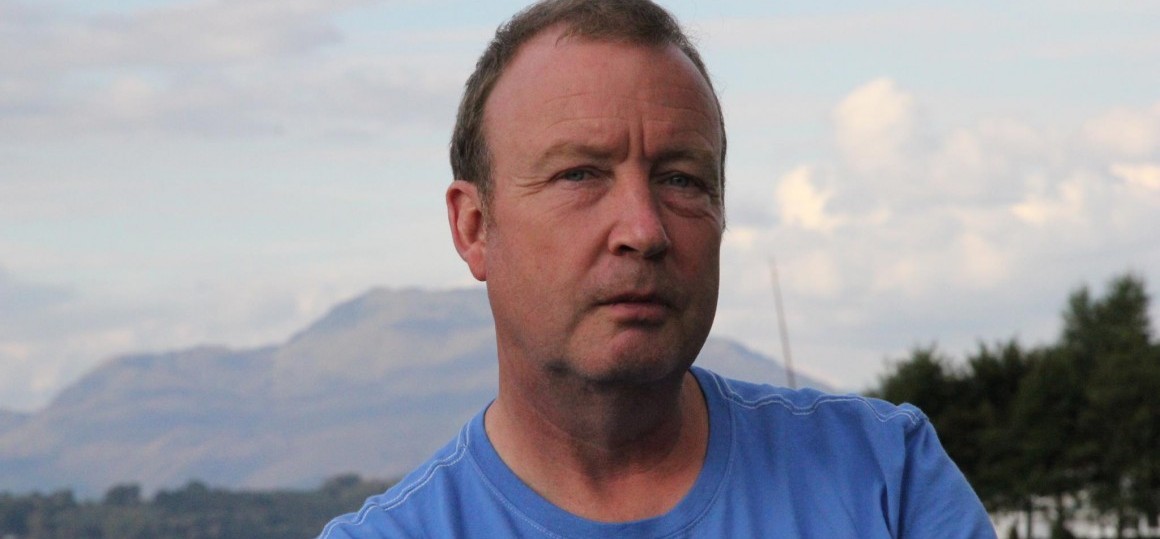Your first published mystery, Permafrost, was set mostly in Northern Michigan. Why did you move the sequel, Mission, to Boulder, Colorado?
My daughter spent the past four years studying advertising in Boulder and I got out there as often as I could. Two things have to happen for a place to work for me as a setting. I have to get to know the place well enough to write about it without making too many factual blunders, and I have to tap into a kind of either real or mythical weirdness that allows strange stuff to happen very naturally as I write. Northern Michigan worked that way for me, and I think Boulder does, too.
How did homelessness come to be a theme in Mission?
In fact, Permafrost also deals with a person drifting close to the margins of society. My sense is that homeless people in Boulder seem less marginalized than in many other places, and I found that interesting. Having said that, while they exist as a sizable and very visible population, that also, sadly, makes them easy targets.
What is the meaning of the title?
There are virtually no characters in the book who, in one way or another, are not on a mission, whether altruistic, spiritual, or redemptive; all are in the process of refashioning or reimagining their lives, and the degrees of success are naturally varied.
How is Tom different this time out?
He’s appreciably happier, I think. At least that was my intention as I wrote Mission. He thinks he’s less materialistic. He’s slightly regretful. He’s slightly lonely. He’s more aware of his own mortality.
Is he more or less enigmatic or knowable?
I like to think he’s less enigmatic and more knowable, but one thing I’ve become aware of is that authors don’t own their literary creations. Readers have their own ideas, which are often completely unexpected, but still valid.
For many years you reviewed books for a living. What did you learn about fiction writing from that experience?
I spent a decade reading three books a week and writing about them as quickly as I could before I forgot what happened, which, I hasten to add, was a deliberate technique to stop me muddling up numerous plotlines as I read. A large number of these books were fine but have subsequently proved to be less than memorable. Others have stuck with me, and I’m powerless to explain exactly why this is. I did often find that the more forgettable mysteries tended to be either dense character studies with too little action, or kinetic thrillers peopled with cartoon characters, and I wanted to create a more balanced kind of narrative.
What’s it like to be on the other side of that equation as a novelist?
It’s a challenging and genuinely humbling experience for the most part.
Are you surprised by the responses of reviewers or readers?
Constantly. I’m getting used to the endless variation of responses. Many readers have taken a liking to the character of Nye in Permafrost, which I didn’t see coming, but which convinced me to bring him back in the second book. Lots of people enjoyed the Scottish flashbacks and that praise resulted in more examples appearing in Mission. Several close readers thought that the start of Permafrost was more wordy than necessary, and that the later sections were more hardboiled. I suspect they were correct. I had tried to write a book that spliced these two notions more seamlessly together, and clearly I was a lot less successful than I hoped. On the other hand, David Pitt in Booklist considers Mission to be a more conventional mystery than Permafrost, and that was deliberate.
What’s next?
I have a beginning, a title, an ending, and three scenes already planned for Tom in what will be a third and final book. This will be a more psychologically driven narrative, a dark series of related events, possibly without a stated crime, but with the hopefully uneasy sense that one is lurking close by. There will be a road trip across country and Tom will finally get a last name.

